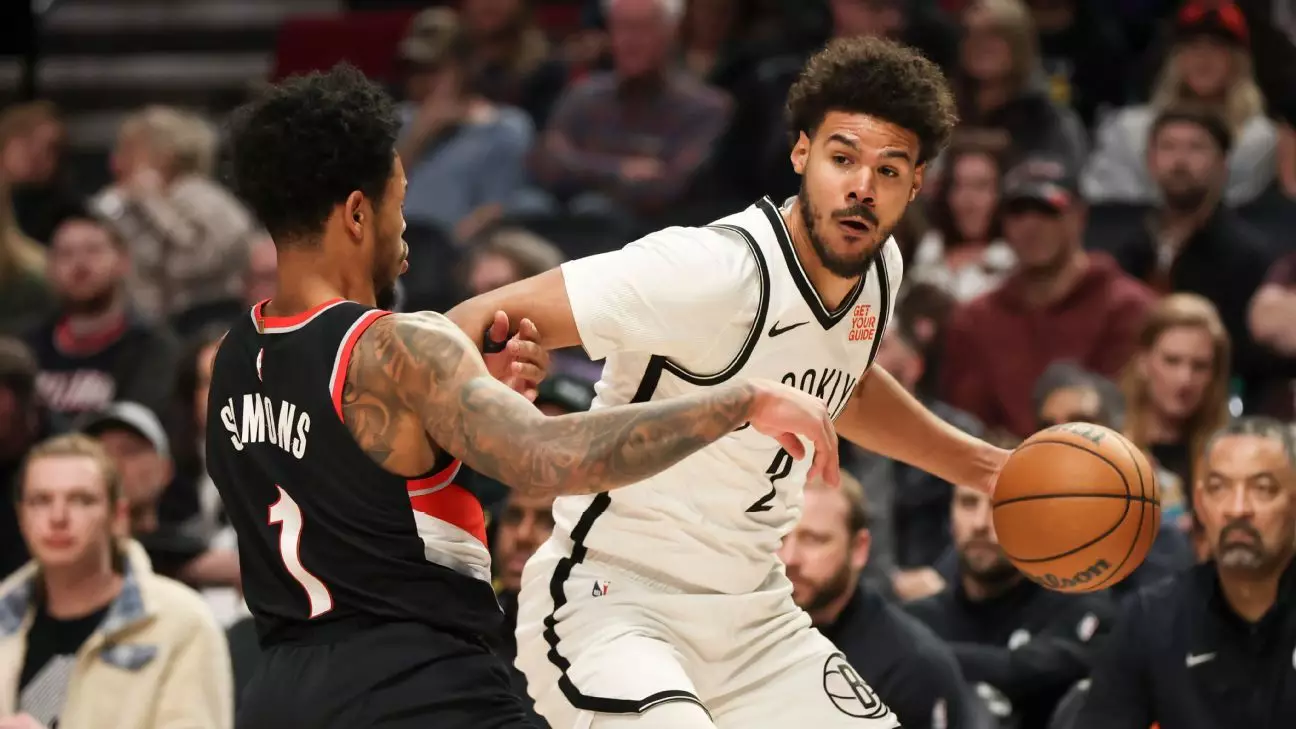The Denver Nuggets have entered a bold new chapter following significant changes within their front office. The recent trade involving Michael Porter Jr. marks the first major transaction under the leadership of executive vice presidents Ben Tenzer and Jon Wallace. This move signals a clear intent to recalibrate the team’s core, balancing financial flexibility with roster efficiency. Tenzer and Wallace are showing they’re not content with the status quo and are willing to make tough decisions to keep the Nuggets competitive in an increasingly demanding NBA landscape.
The High-Stakes Trade: Porter Jr. for Cameron Johnson
Swapping Michael Porter Jr., a homegrown talent revered for his scoring and key role in the Nuggets’ 2023 championship, for Cameron Johnson is a daring yet calculated gamble. Unlike Porter, whose contract carries a hefty salary burden—nearly $80 million remaining—Johnson’s deal offers a more manageable financial commitment with $21 million owed next season and $23 million the following year. Johnson’s breakout year, highlighted by nearly 19 points per game and impressive three-point shooting, aligns well with Denver’s high-octane offense centered around Nikola Jokic. This trade is not just about balancing books; it reflects a shift towards a more versatile and efficient floor spacing option that could complement Jokic’s playmaking without redundancy.
Roster Chemistry and Financial Prudence
Beyond just player talent, the Nuggets’ roster decisions seem heavily influenced by chemistry and fiscal responsibility. By re-signing Bruce Brown—a fan and locker room favorite who played a crucial depth role during the championship run—Denver is doubling down on culture. Brown’s willingness to return at the veteran’s minimum underscores his commitment to the team’s ethos and provides stability in a volatile roster environment. Brown’s all-around game and compatibility with Jokic and Jamal Murray enhance the team’s cohesion, a non-negotiable for contenders wanting to weather the grind of long playoff runs.
Rebuilding Amid Recent Turmoil
This flurry of moves follows a tumultuous period marked by a late-season firing of both head coach Michael Malone and general manager Calvin Booth. The Nuggets’ decision to elevate David Adelman to head coach brought a refreshed energy that nearly propelled the team past the second round. However, falling short against the eventual champions was a stark reminder of the areas needing improvement, particularly in roster construction and leadership. As the organization pivots, these transactions indicate a thoughtful rebuilding strategy rather than a mere shake-up, emphasizing sustainable success over short-term fixes.
Looking Ahead: A New Nuggets Identity
Denver is clearly redefining its identity. By exchanging a long-time contributor with a considerable salary for a sharp-shooting forward with a cleaner contract, plus securing a vital locker room piece like Brown, the Nuggets are positioning themselves for flexibility and longevity. This approach isn’t just about filling gaps; it’s about sculpting a squad that can adapt, thrive, and remain a formidable threat alongside their superstar core. The Nuggets’ management is showing maturity by addressing both on-court fit and financial health—a blueprint that sets a compelling precedent for future roster moves in one of the NBA’s most competitive conferences.

